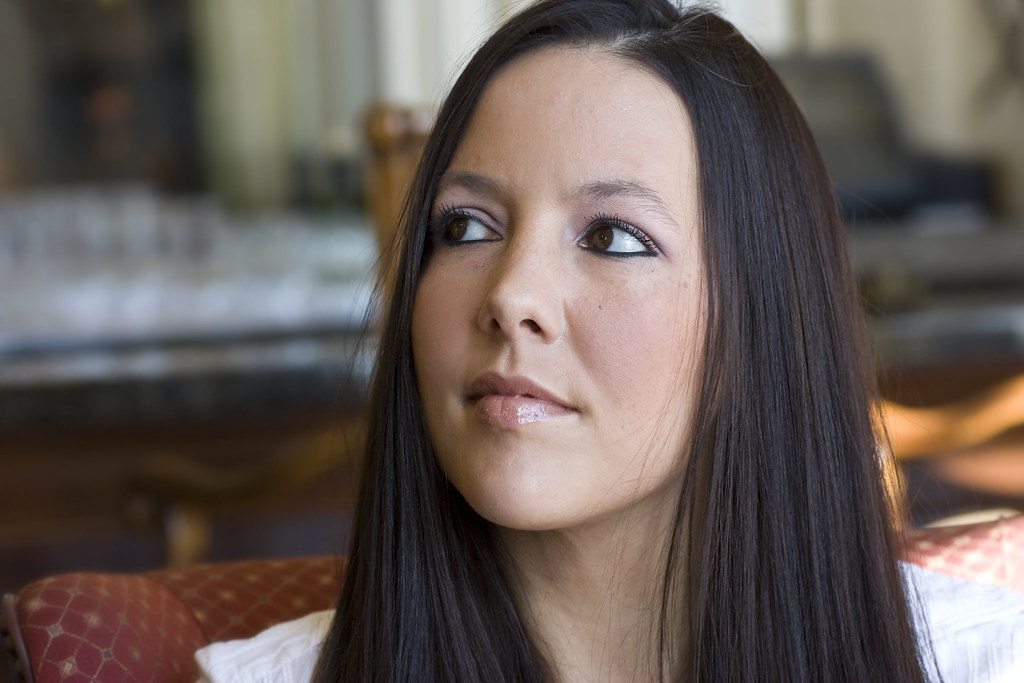lbsu
TPF Noob!
- Joined
- Sep 9, 2015
- Messages
- 9
- Reaction score
- 1
- Can others edit my Photos
- Photos OK to edit
Hi everyone. I've been with my canon 450 d paired with tamron 17-50 2.8 for 10 years. Now I feel time has come to switch to something better. I was thinking about full frame but the dslrs are so heavy and expensive as well, although I am prepared for a £2000 budget for all. The only light full frames are Sony 7 generation. I read a lot of reviews about A7ii. There Is something which I am not particularly happy about or I am uncertain. For example, since it became A7ii it added weight due to ibis. Together with good zeiss glass it's gona again come to just under a kilo which even more than I carry now. Also from the reviews I am not sure if a7ii is great for landscapes - my favourite area. Alternatively, I read a lot about Fuji, Olympus and Panasonic. But again I am not sure if yet another APS C sensor or micro 4/3 would make me a difference compared to my current old canon 450d. Should I switch at all then?
Any suggestions would be very much appreciated.
Any suggestions would be very much appreciated.



 )newer tech has the edge
)newer tech has the edge![[No title]](/data/xfmg/thumbnail/38/38734-a0c4ec46a440db881aca3700b0c62879.jpg?1734172600)






![[No title]](/data/xfmg/thumbnail/38/38735-2245cc1b04db3f96fa74095ae14558a6.jpg?1734172601)
![[No title]](/data/xfmg/thumbnail/38/38736-5bc266b035e23faf5ad942bdd97466a8.jpg?1734172601)


